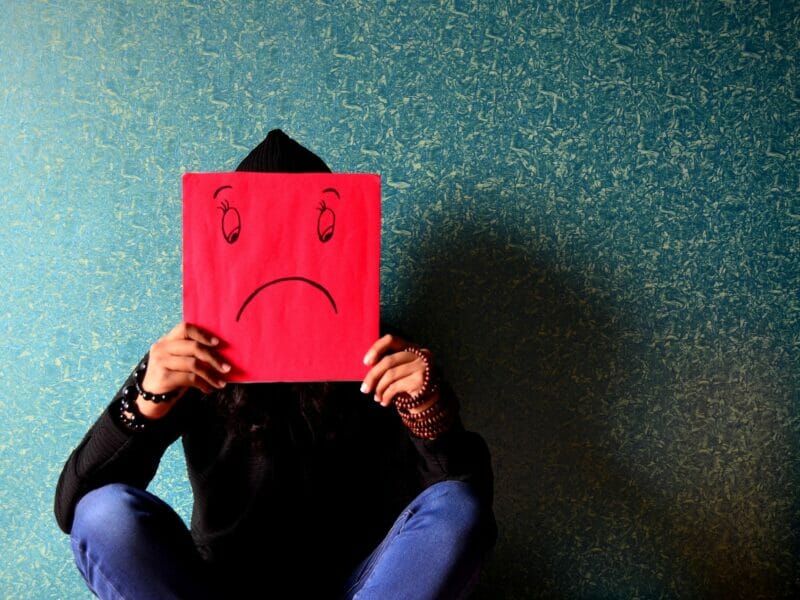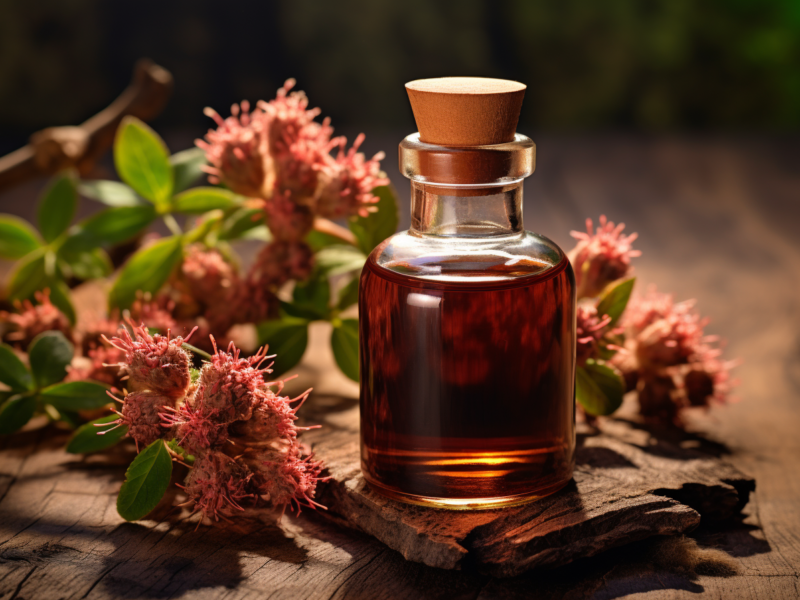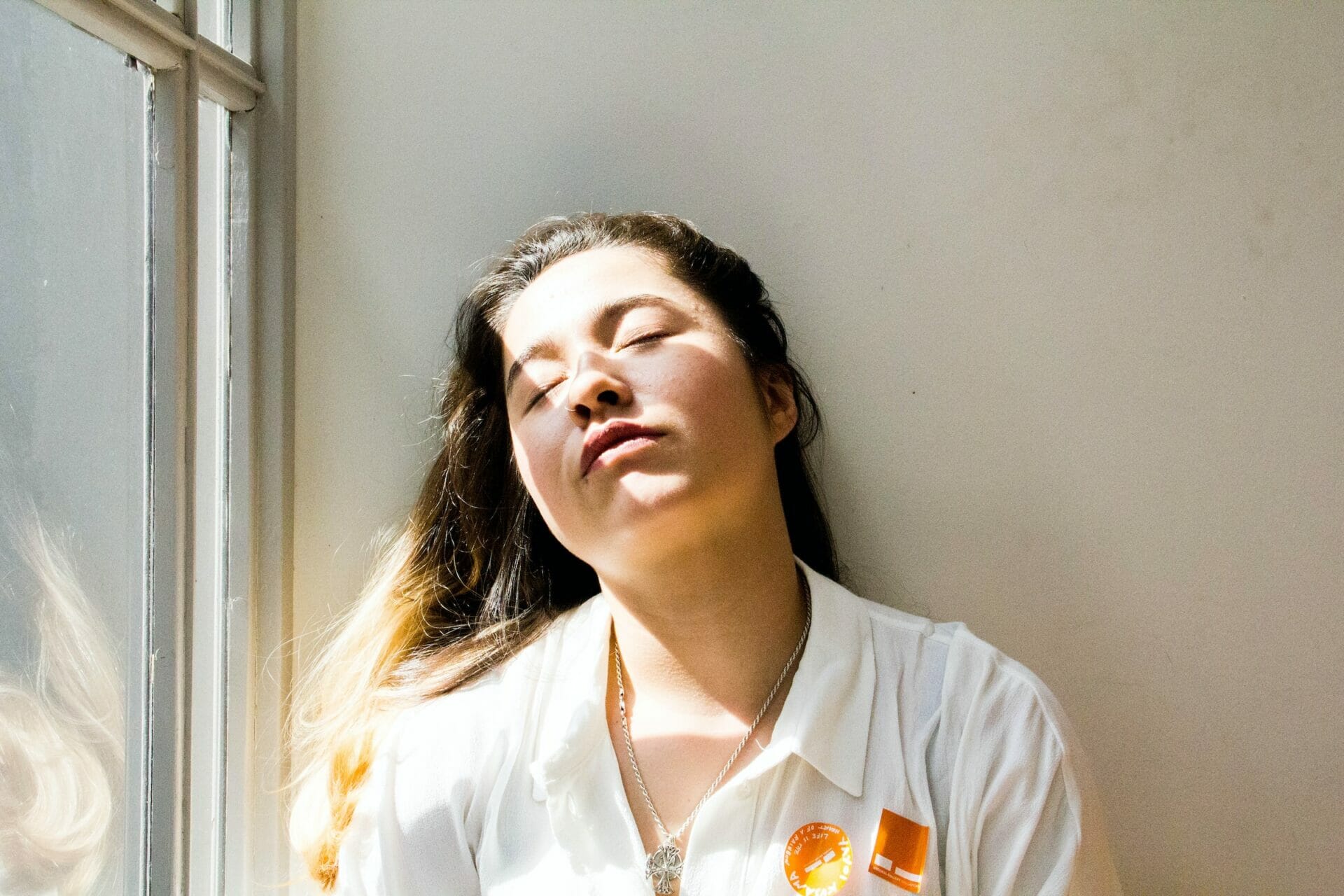Introduction to Depression Support and Rhodiola Rosea
Depression is a serious mental health condition that can have a significant impact on a person’s life. Fortunately, there are a variety of treatments available to help manage the symptoms of depression. One such treatment is Rhodiola Rosea, an adaptogen that has been used for centuries in traditional medicine. Rhodiola Rosea has been studied in clinical trials and research has shown that it can be effective in treating mild to moderate depression.
In a randomized controlled trial, participants with mild to moderate depression were given either a placebo or a Rhodiola Rosea extract (SHR-5) at a dose of 170 mg per day for 12 weeks. The results showed that the treatment group had significant improvements in depression inventory scores compared to the placebo group. Additionally, research has shown that Rhodiola Rosea extract can have beneficial effects on mental performance, exercise performance, and symptoms of fatigue and stress. In another randomized controlled trial, patients suffering from mild anxiety responded positively to Rhodiola Rosea extract, with fewer side effects than those on sertraline. The results of these studies suggest that Rhodiola Rosea extract may be an effective treatment for mild to moderate depression, with fewer side effects than traditional medications such as sertraline.
Benefits of Rhodiola Rosea for Depression Support
Rhodiola Rosea is an adaptogenic herb that has been used for centuries in traditional medicine to help people cope with stressful situations. It has been studied for its potential to help with depression, mental fatigue, and physical and mental performance. The roots of Rhodiola Rosea contain a number of compounds, including rosavin, which are thought to be responsible for its therapeutic effects. Studies have shown that Rhodiola Rosea can significantly reduce the Beck Depression Inventory and Hamilton Depression Rating Scale scores, as well as improve overall depression, anxiety, and life-stress symptoms.

In a placebo-controlled pilot study, participants suffering from mild to moderate depression were randomly assigned to receive either Rhodiola Rosea extract shr-5 or sertraline for major depressive disorder. The results showed a significant difference between the two groups, with the Rhodiola Rosea group showing a greater reduction in depression rating scores.
In another study, examining the effects of a single dose of Rhodiola Rosea extract shr-5 on the fatigue of students caused by stress during an examination period with a repeated low-dose regimen, the results showed a significant improvement in mental fatigue and depression. Additionally, a parallel-group study of the standardized Rhodiola Rosea extract shr-5 versus sertraline for major depression found that patients on sertraline had 1.9 times more adverse effects than those on Rhodiola Rosea. These studies suggest that Rhodiola Rosea may be an effective treatment for mild to moderate depression, as well as providing temporary relief of symptoms associated with stress.
Exercise Performance and Rhodiola Rosea
Exercising can be a great way to stay fit and healthy, but sometimes it can be difficult to maintain the same level of performance. Rhodiola Rosea is a traditional herb used in many regions of Europe to help standardize endurance exercise performance and treat symptoms of stress. Animal studies have shown that the extract shr-5 has a stimulating and adaptogenic effect on the central nervous system, which can help improve fatigue.
A pilot study of the standardised extract shr-5 of the roots of Rhodiola Rosea was conducted to compare its efficacy versus sertraline for major depressive disorder. The results showed that the extract shr-5 was effective in improving life-stress symptoms, anxiety and mood. The participants suffering from mild anxiety also showed a significant improvement in their profile of mood states after a week of treatment. The researchers concluded that Rhodiola Rosea shr-5 extract may be beneficial in treating various symptoms of depression and anxiety, as well as generalized anxiety disorder and chronic fatigue symptoms. Furthermore, numerous clinical trials have demonstrated the central nervous system effects of single doses of Rhodiola Rosea, and whether Rhodiola Rosea l extract can improve symptoms of depression and anxiety. A trial of Rhodiola Rosea l extract versus sertraline for major depressive disorder showed that the extract shr-5 was effective in improving Hamilton Anxiety Rating Scale scores. Therefore, Rhodiola Rosea may offer numerous health benefits in the treatment of mild to moderate depression and anxiety.
Clinical Studies on Rhodiola Rosea and Depression Support
For centuries, traditional use of Rhodiola rosea has been used to treat fatigue, depression, and other mood and depressive disorders. Now, a number of clinical trials have been conducted to assess the efficacy of Rhodiola rosea extract in the treatment of depression. A pilot study of the stimulating effects of the shr-5 extract on fatigue and depression was conducted, and the results showed that Rhodiola may be a promising treatment for major depressive disorder.
In a study comparing Rhodiola rosea versus sertraline for major depressive disorder, the results showed that Rhodiola rosea was just as effective as sertraline in improving mood and depressive symptoms. Wow! This is great news for those looking for an alternative to traditional antidepressant medications. With its traditional use and now a number of clinical trials to back it up, Rhodiola rosea is looking like a promising treatment for depression.
Potential Side Effects of Rhodiola Rosea
Rhodiola Rosea is a powerful herbal supplement that has been used for centuries to treat fatigue and other ailments. It’s known to have a variety of potential side effects, so it’s important to be aware of them before taking it.

One of the most common side effects of Rhodiola Rosea is an increase in energy levels. This can be beneficial for those who are feeling fatigued, but it can also be dangerous if taken in large doses. Additionally, some people may experience headaches, dizziness, or nausea when taking the extract shr-5 in the treatment. It’s important to talk to your doctor before taking any supplement, especially if you have any pre-existing medical conditions.
Another potential side effect of Rhodiola Rosea is an increase in anxiety. This can be especially true if the shr-5 extract is taken on an empty stomach. It’s important to be aware of this side effect and to talk to your doctor if you experience any symptoms of anxiety. Additionally, it’s important to take the supplement as directed and to not exceed the recommended dosage. Taking too much of the supplement can lead to serious side effects, so it’s important to be mindful of the dosage.
Conclusion
The shr-5 extract has been studied for its potential to reduce fatigue. The results of the studies have been promising, showing that the shr-5 extract can reduce fatigue in both healthy individuals and those with chronic fatigue syndrome. The shr-5 extract has been found to increase energy levels, improve mental clarity, and reduce feelings of fatigue. It has also been found to improve sleep quality and reduce stress levels. The shr-5 extract has been found to be safe and well-tolerated, with no serious side effects reported. Overall, the shr-5 extract appears to be a promising natural remedy for fatigue, with potential to improve energy levels, mental clarity, and reduce feelings of fatigue. Further research is needed to confirm the efficacy of the shr-5 extract for reducing fatigue.

FAQ’s:
Q1. What is Rhodiola Rosea and how can it help with depression?
A1. Rhodiola Rosea is an herb that has been used for centuries to help with depression. Studies have shown that it can help reduce symptoms of depression, including fatigue, by increasing serotonin levels and providing a calming effect.
Q2. What is SHR-5 extract and how does it help with fatigue?
A2. SHR-5 extract is a standardized extract of Rhodiola Rosea that has been shown to help reduce fatigue. Studies have shown that it can help reduce fatigue by increasing energy levels and improving mental clarity.
Q3. What are the benefits of taking Rhodiola Rosea for depression?
A3. The benefits of taking Rhodiola Rosea for depression include reducing symptoms of depression, such as fatigue, improving mood, and increasing serotonin levels.
Q4. Is Rhodiola Rosea safe to take for depression?
A4. Yes, Rhodiola Rosea is generally considered safe to take for depression. However, it is important to speak to your doctor before taking any supplement, especially if you are taking any medications.
Q5. How much Rhodiola Rosea should I take for depression?
A5. The amount of Rhodiola Rosea you should take for depression will depend on your individual needs. It is best to speak to your doctor or healthcare provider to determine the best dosage for you.
Q6. What are the side effects of taking Rhodiola Rosea for depression?
A6. The side effects of taking Rhodiola Rosea for depression are generally mild and may include nausea, dizziness, and headaches. It is important to speak to your doctor if you experience any side effects.
Q7. Is SHR-5 extract effective for reducing fatigue?
A7. Yes, SHR-5 extract has been shown to be effective for reducing fatigue. Studies have shown that it can help reduce fatigue by increasing energy levels and improving mental clarity.



 Promoting Quality Sleep With Rhodiola Rosea
Promoting Quality Sleep With Rhodiola Rosea
